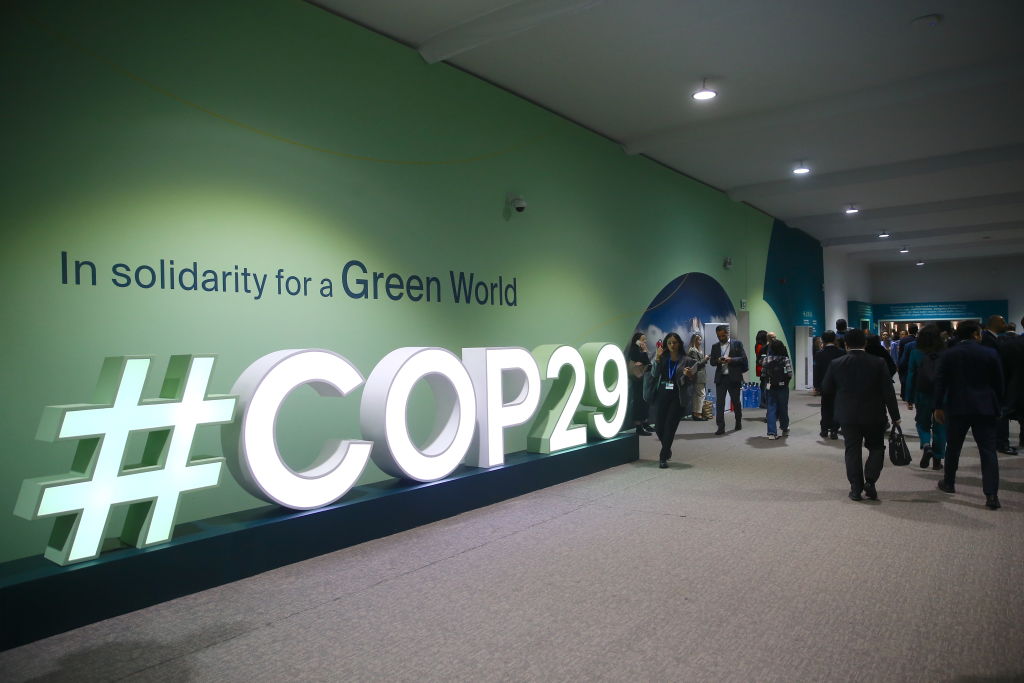India actively participated in various side events during the CoP29 UN Climate Change Conference, held in Baku, Azerbaijan, from November 11 to 22, 2024. Through collaborations with international agencies, India showcased its commitment to tackling climate challenges and highlighted several key initiatives both domestically and globally.
One of the significant events was a panel discussion on integrating disaster-resilient infrastructure into national adaptation strategies, co-organized by India’s Ministry of Environment, Forest, and Climate Change (MoEFCC) and the Coalition for Disaster Resilient Infrastructure (CDRI). The discussions emphasized the critical role of resilient infrastructure in mitigating risks and driving sustainable development. CDRI’s initiatives, such as the Infrastructure for Resilient Island States (IRIS), were spotlighted as instrumental in supporting nations with technical expertise and tools for resilience building.
India also co-hosted the LeadIT Member Meet with Sweden, focusing on advancing industrial decarbonization. Key challenges and opportunities were discussed, including CO2 capture and hydrogen-based solutions, with industry leaders such as Tata Motors and SAIL emphasizing the importance of collaboration for low-carbon transitions. The India-Sweden Industry Transition Partnership (ITP) side event further reviewed progress ahead of CoP30, highlighting its links with the Brazil-UK Industry Decarbonisation initiative.
Another critical event addressed the unique vulnerabilities of Small Island Developing States (SIDS). The session underlined the need to unlock adaptation finance and strengthen disaster-resilient infrastructure. The IRIS initiative was presented as a pathway for SIDS to access finance and technical support for sustainable development.
India’s leadership in promoting solar energy for the Global South was a major highlight, with sessions co-organized by the International Solar Alliance (ISA). These discussions explored the transformative role of solar energy in bridging developmental gaps, ensuring energy security, and mitigating emissions. The need for a 20-fold increase in solar adoption by 2050 was emphasized as a key goal.
Women-led climate action was also showcased during an event that highlighted innovative models of clean energy solutions at the grassroots level. This session underscored the importance of integrating gender-balanced approaches in climate policies and emphasized the role of women in enhancing community adaptive capacities.
The CoP29 concluded with the LeadIT Summit, marking five years of the Leadership Group for Industry Transition. Representatives from various nations and industries reaffirmed their commitment to decarbonizing heavy industries, aligning with the Paris Agreement.










